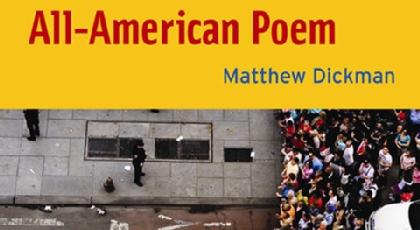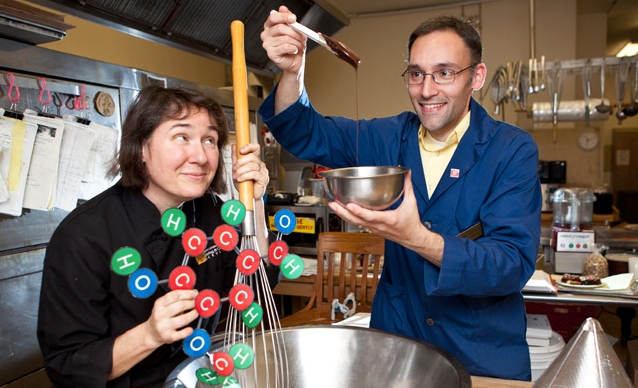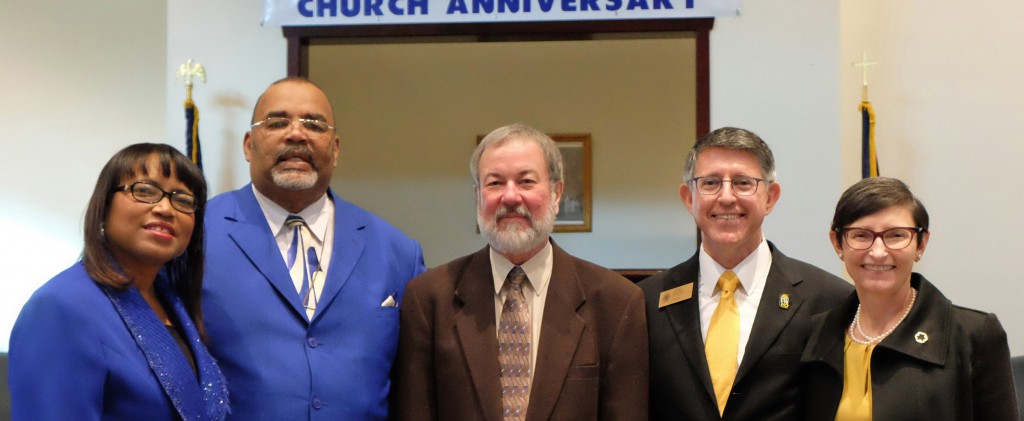Page 10 • (226 results in 0.034 seconds)
-

Alex Krajkowski’s Risk & Control Posted by: Reesa Nelson / March 1, 2020 March 1, 2020 Alex Krajkowski is a Visiting Assistant Professor at Pacific Lutheran University. He began teaching Black & White and Digital Photography at PLU in 2018. Alex Krajkowski was born in 1987 in New Jersey. He received his BA from Franklin and Marshall College, completed post-baccalaureate work at William Paterson University and Montclair State University, and received his MFA from the University of Oregon in
-

that belief to this day.” Read Previous Oil Literacy panel Read Next Crime of My Very Existence COMMENTS*Note: All comments are moderated If the comments don't appear for you, you might have ad blocker enabled or are currently browsing in a "private" window. LATEST POSTS Three students share how scholarships support them in their pursuit to make the world better than how they found it June 24, 2024 Kaden Bolton ’24 explored civics and public policy on campus and studying away in Oxford June 12
-

entertainment value, Barot and Skipper both highly recommend people utilize these opportunities. “We figure out who we are through stories,” Skipper said. “It’s how we come to understand the world.” Read Previous Crime of My Very Existence Read Next Transfer student finds his home at PLU COMMENTS*Note: All comments are moderated If the comments don't appear for you, you might have ad blocker enabled or are currently browsing in a "private" window. LATEST POSTS Three students share how scholarships support
-

Fickeisen really love how the enjoyment of food makes chemistry more palatable. Lytle credits Fickeisen and PLU’s Dining Services with coming up with some delicious foods as culinary examples for the talks. “Erica and Dining Services are my partners in crime,” Lytle said. “It’s a real labor of love. It’s absolutely a lot of work, but when we pull it off, it’s really something special.” He’s not sure what’s next on the menu, but that’s the fun of it. The recipe is always changing. Read Previous PLU’s
-

Anderson University Center, I invite you to join me for our first Listen Forum, focused on community questions and dialogue related to implicit racial and ethnic bias. This forum will begin to answer the questions: What is implicit bias? Why does it matter? What is the impact on belonging? How do we respond? We must understand that our identities–our points of privilege and oppression–can’t be considered in isolation. Gender and race, identity and politics, crime and justice, and family and culture
-

ideas around gender are challenged. 3rd Place: Picnic (Diptych) by Teagan James ’22 (painting & found photo) I was immediately drawn to this diptych when I entered the gallery. I was impressed with the translation of a found black and white photo into a larger painting in color, and I appreciated them being hung alongside each other, both framed. Honorable Mention #1: Glup by Jack Mahr ’22 (sculpture) This clay sculpture really intrigued me. I spent a lot of time trying to understand its reference
-
of Washington’s program. “(So) let’s all get together on this and make a difference,” he said. “We have everyday opportunities to help shift the culture.” Changing attitudes about not being engaged in the issue is a huge step in prevention. And small steps like wearing a T-shirt that speaks against violence or wearing a white pledge ribbon are ways to begin the conversation, Grove said. “It’s just a really easy way to do something that really requires very little time or effort but goes a long
-

do better than this. And, only 14% of our full-time professors are people of color, and of those, exactly 8 are black. Academic departments need to have not only the will, but also the money, to recruit, nurture, and retain minority faculty members, many of whom might be reluctant to move to a university that has traditionally been known as a predominately white campus, founded by Norwegian immigrants. This, in turn, creates a challenge in recruiting and retaining students of color…for if you
-
literary focus from, “classically difficult white guy writing” to, “water stuff,” specifically through a global and environmental lens. Instead of saving lives in an ambulance, Schaumberg began changing them in classrooms by teaching, researching, and advocating for environmental preservation. The connections between the way we read, write, and talk about the environment, and the way this is reflected in the physical world, intrigued him, and he began to recognize the interconnectedness between our
-
existing sociology curriculum into a separate major, and will lead to the addition of new courses of particular interest to criminal justice students,” continued Luther. Luther says that PLU’s sociology-based approach to criminal justice distinguishes it from other criminal justice programs in Washington state. “We believe it is important to study criminal justice through a sociological lens because it allows criminal justice students to examine the social and structural context that crime and the
Do you have any feedback for us? If so, feel free to use our Feedback Form.


